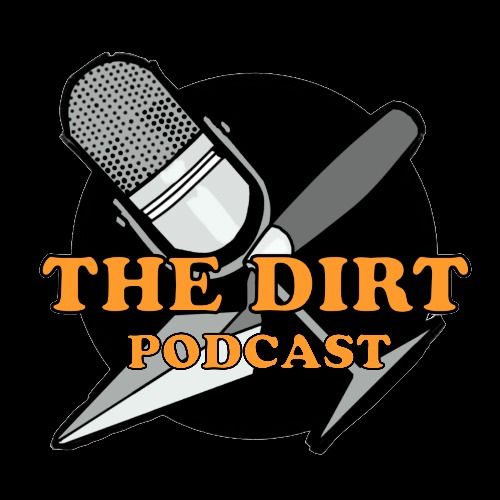Episode 5
Makin' Tracks: Ancient Footprints
We're steppin' out to talk about some of the oldest human footprints ever found in North America, Europe, and Africa. We encounter a giant sloth hunt, and Amber and Anna have a series of existential crises as we dive deeper and deeper into the depths of time. Worry not, though: despite a strange audio glitch that suggests otherwise, Anna is not recording from beyond the grave. #notallsloths
To learn more about this week's topic, check out:
The oldest footprints in North America are right where native historians said they should be (Washington Post)
Oldest Human Footprints in North America Discovered (History Channel)
Oldest Human Footprints in North America Discovered: Here's What They Reveal (LiveScience)
Ancient Sloth Hunt Hinted at in 15,000-year-old Footprints (Science)
Earliest Known Human Footprints in North America Found on Canadian Island (New York Times)
850,000-year-old human footprints found in Norfolk (The Guardian)
Happisburgh footprints on Wikipedia
Laetoli footprints on Wikipedia

